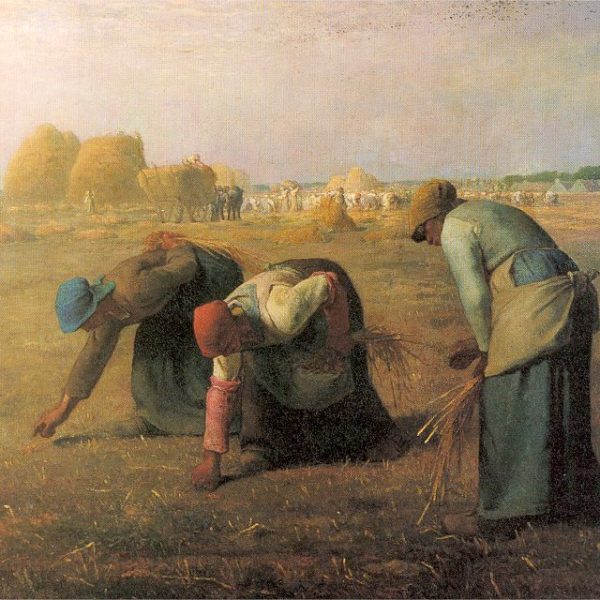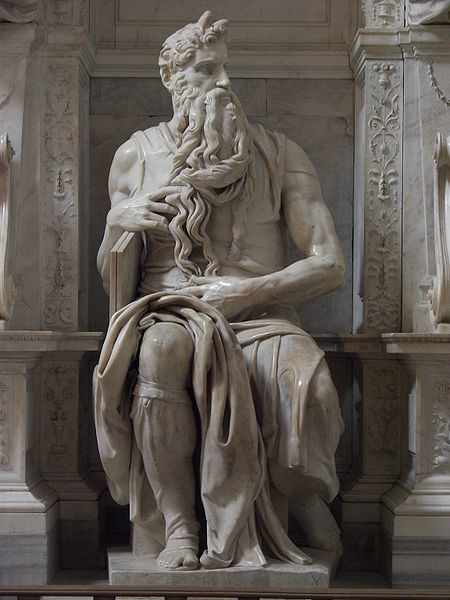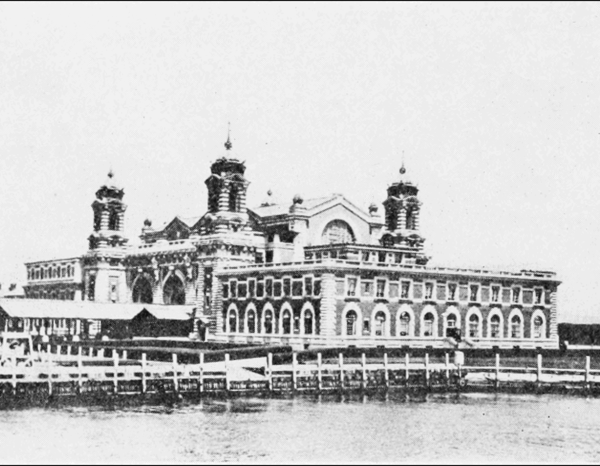
The first reaction of the reader to Abram’s calling, “That’s supposed to be me,” gives way to the second realization, which is “That COULD be me.” And it is in imagining the fear and anxiety normally attendant to leaving everyone and everything behind that the seed is planted in the reader’s heart for concern for real-life strangers.
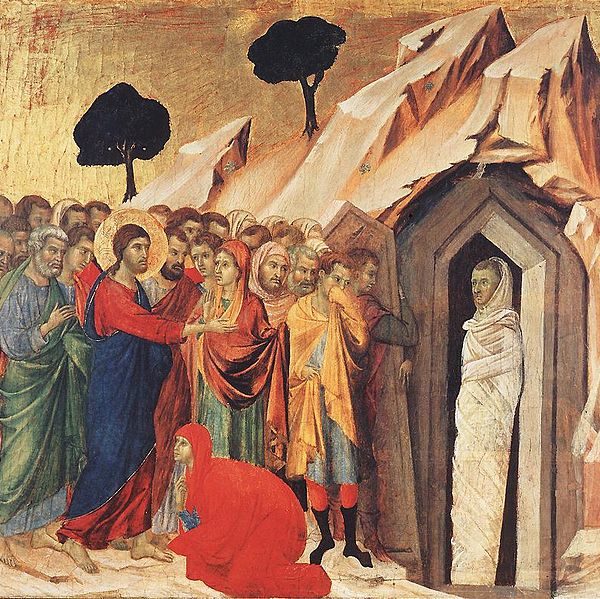
Although at first glance they may appear incidental, the frequency of border crossings in the story of the raising of Lazarus suggests the presence of a theme. Through a narrative of successive boundary crossings, the power and willingness of God to traverse any distance and border is made manifest.
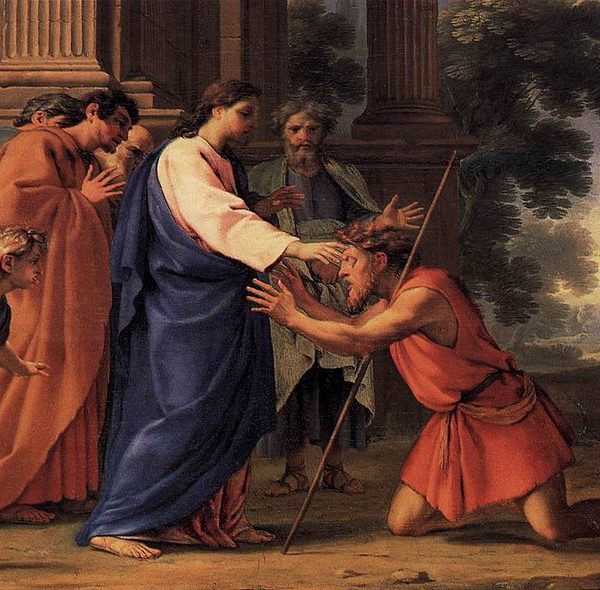
The story of Jesus’ healing of the blind man in John 9 presents us with the politics of exclusion in operation. However, in a twist, it is the politics of exclusion that are revealed to be excluded.
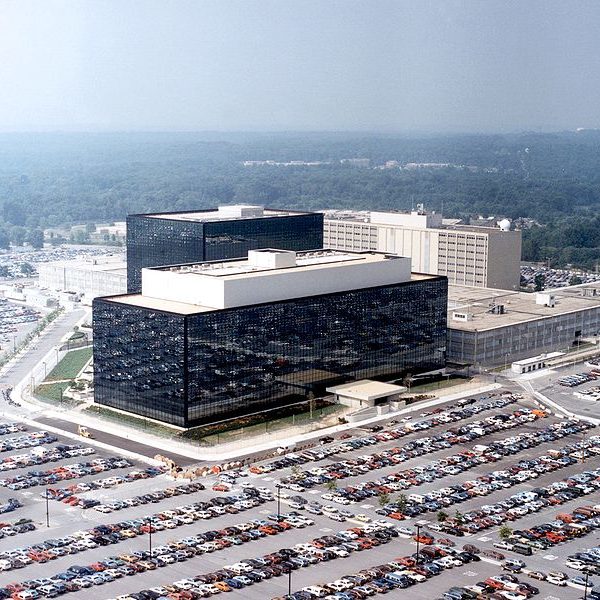
The growing power of government to trace everything that we do and to reveal our most compromising secrets has been an increasing source of public concern over the last year or so. In Jesus’ encounter with the Samaritan woman at the well we see an example of such omniscience employed to liberate, rather than to enslave. While such godlike power in the hands of our governments is a scary prospect, in God’s hands it need not be a cause of fear.

What the world needs is not another group of people scrambling for advantage or clamoring for privilege, but rather a community of people engaged in acts of transcendence that move beyond the interests of the self towards the furtherance of the common good. That will only happen when the church tells the truth about how and why it was so chosen by God and re-orders its practices accordingly.
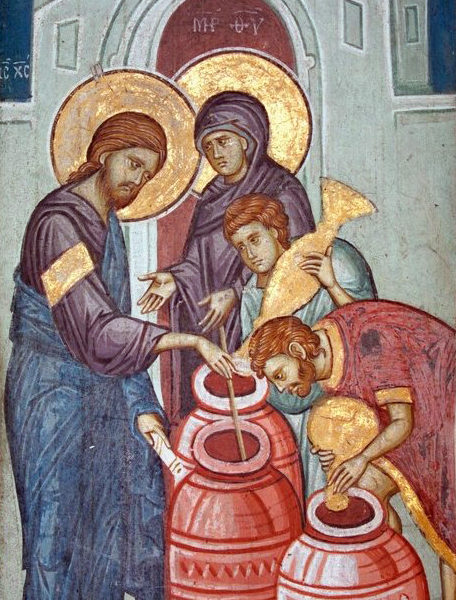
In John’s account of the Wedding of Cana, the part played by Mary merits our attention. On account of the honor due to her as a mother, she wields great authority. She provides us with occasion to reflect upon the esteem in which we hold mothers today and the authority that we accord them in our lives and society.
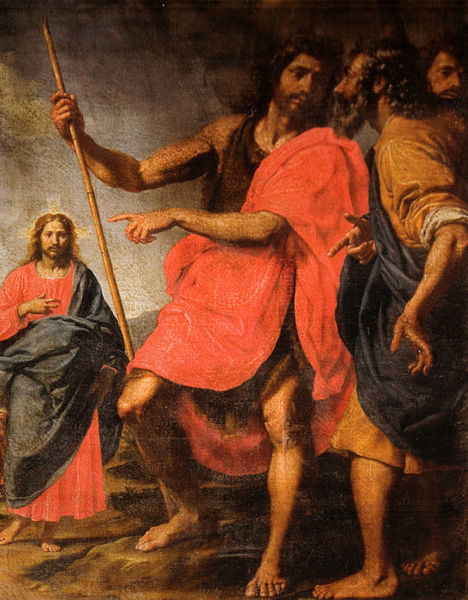
The contemporary exploitation of word of mouth in political and advertising campaigns on social media can encourage a degree of cynicism. At the outset of Jesus’ ministry in John 1:35-51 we see an account of the use of word of mouth that overcomes scepticism and rewards trust. This can provide us with a standard and ideal for our own involvement in political campaigning.
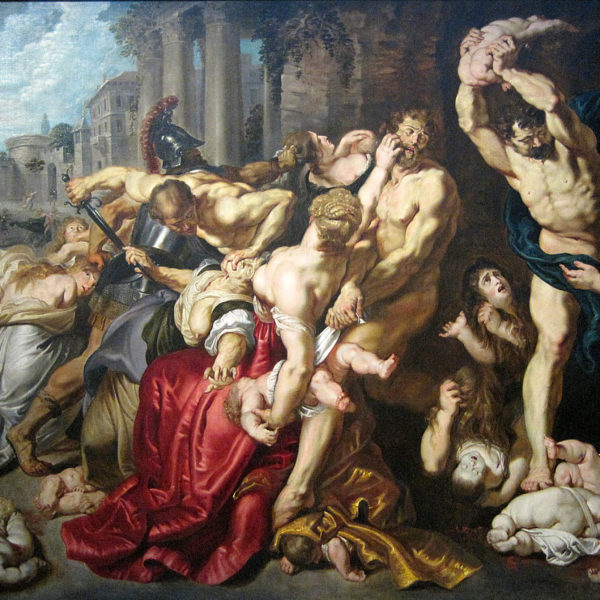
The account of the slaughter of the innocents rests like a deeply unsettling shadow upon the Christmas story, with its themes of God’s peace and presence. Yet, in reflecting upon this account, we may discover a profound new conception of the mode of God’s presence within our world and its tragedies.
